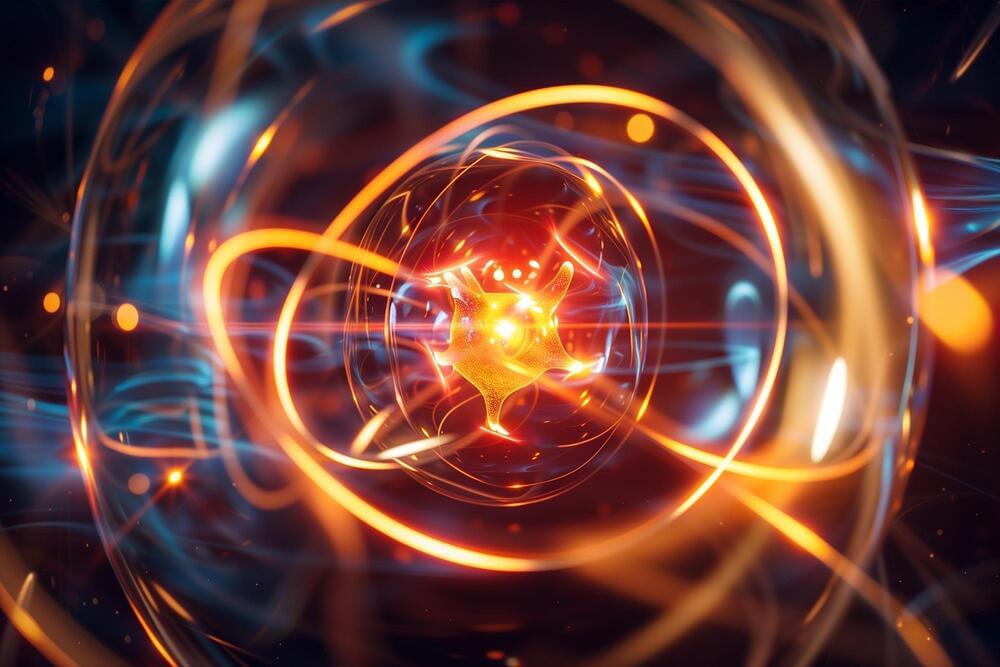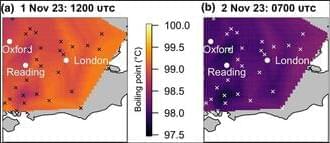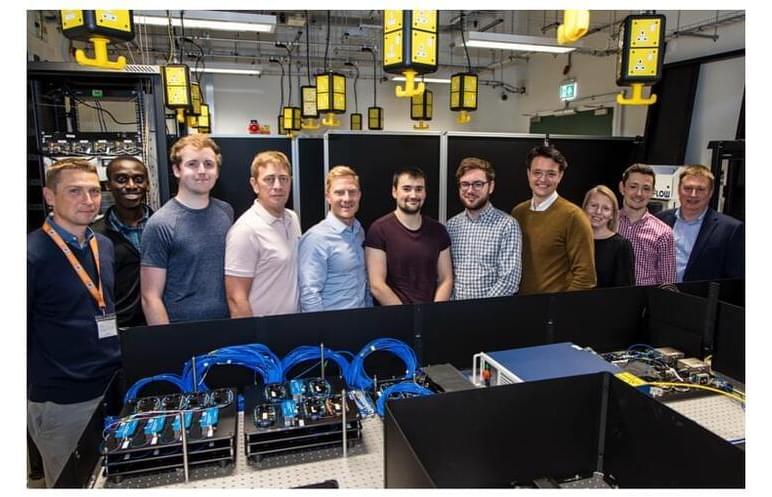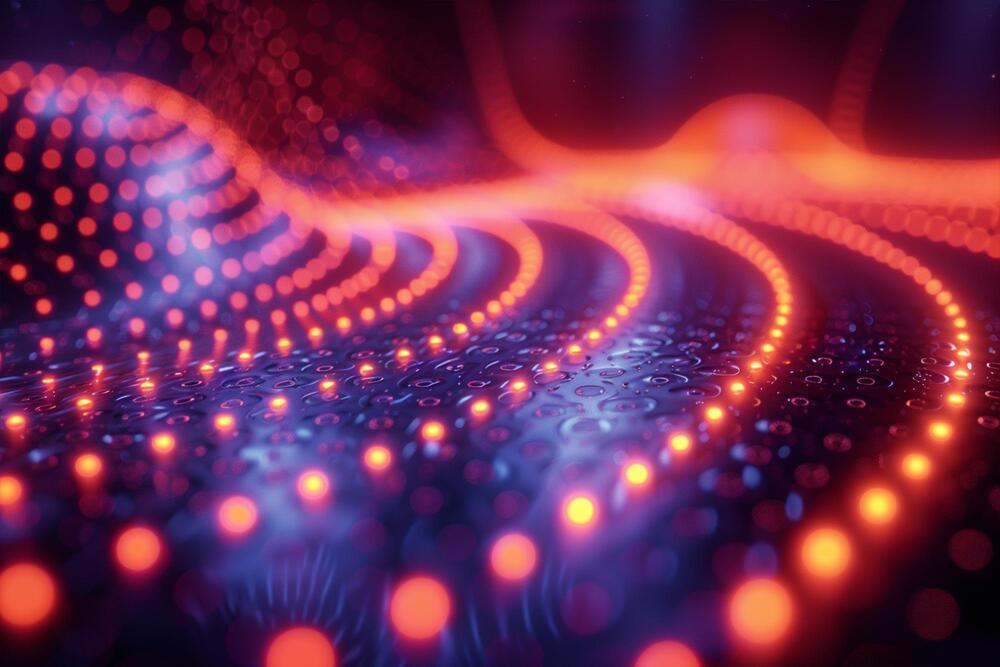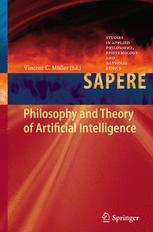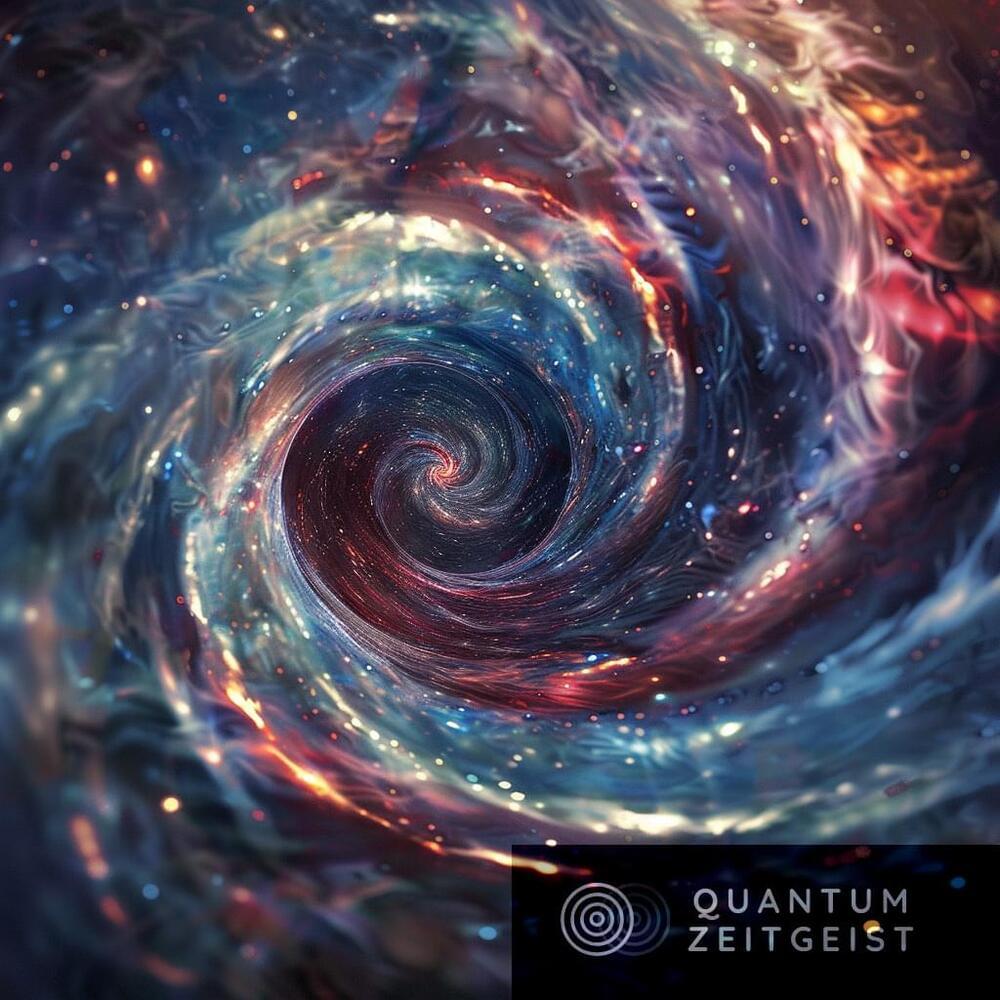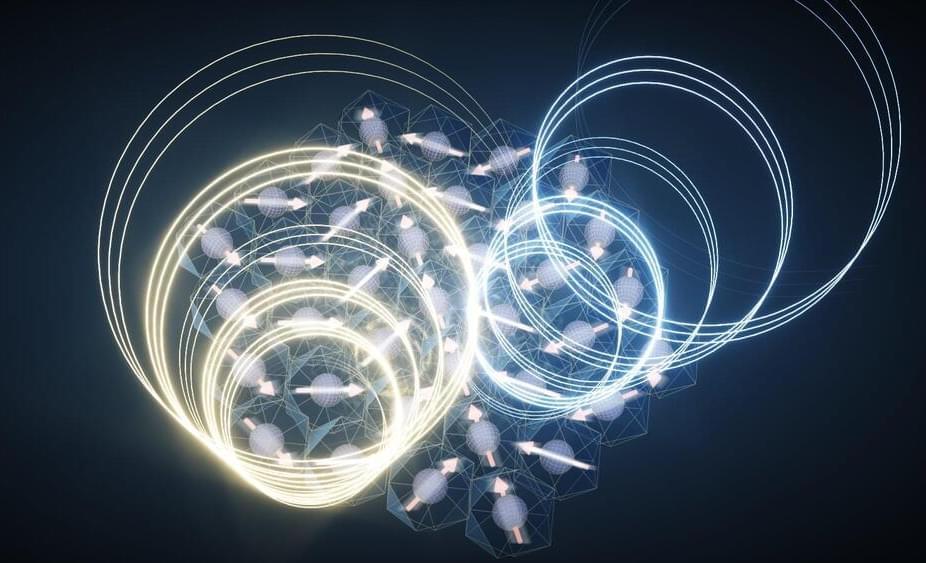Low-energy nuclear fusion reactions are influenced by the migration of neutrons and protons between fusing nuclei and their isospin compositions. Research conducted using high-performance computational models has shown the importance of isospin dynamics and nuclear shapes, particularly in asymmetric, neutron-rich systems, revealing significant implications for nuclear physics and potential energy applications.
Low-Energy Nuclear Fusion
Low-energy nuclear fusion reactions can potentially provide clean energy. In stars, low-energy fusion reactions during the stages of carbon and oxygen burning are critical to stellar evolution. These reactions also offer valuable insights into the exotic processes occurring in the inner crust of neutron stars as they accumulate matter. However, scientists do not fully understand the underlying dynamics governing these reactions.
